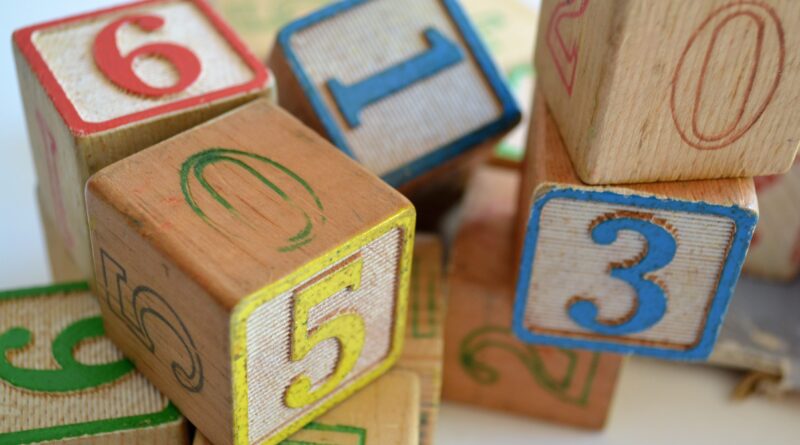Japanese Numeral
In Japanese, when we count something like “one, two, three,…,” we usually say:
日本語の数詞
“ichi, ni, san, shi(yon), go, roku, shichi, hachi, ku(kyu), juu.”
日本語では「1,2,3」と何かを数えるとき、次のように言います。
On the other hand, there are also other expressions like the following as traditional ones:
いち、に、さん、し(よん)、ご、ろく、しち(なな)、はち、く(きゅう)、じゅう。
“hi, hu, mi, yo, itsu, mu, nana, ya, koko(kokono), to.”
一方、昔ながらの数え方として、次のような言い方もあります。
In this counting way, hu(two), mu(six) and ya(eight) are twice as much as hi(one), mi(three) and yo(four), respectively.
ひい、ふう、みい、よう、いつ、むう、なな、やあ、ここ(ここの)、とお。
This sounds something like rhythmic.
この数え方では、ひい(hi)の2倍がふう(hu)、みい(mi)の2倍がむう(mu)、よお(yo)の2倍がやあ(ya)となっており、ちょっとリズムカルに感じます。
Also, some people think that these pronunciations are derived from Hebrew of Israel.
また、この数え方はイスラエルのヘブル語に由来するという説があります。




